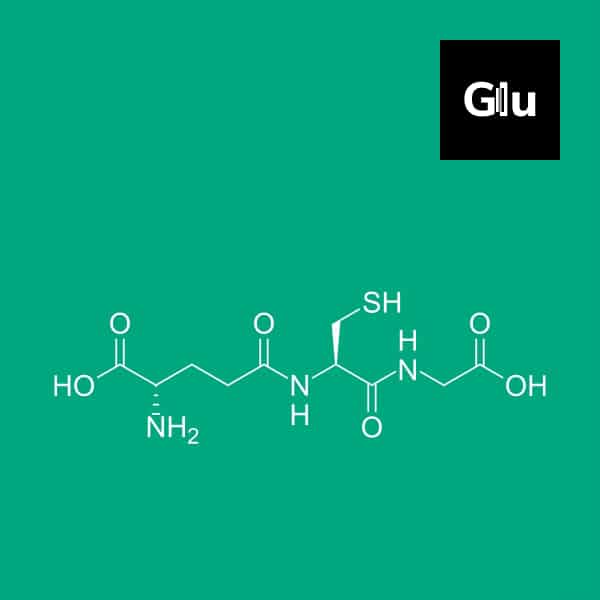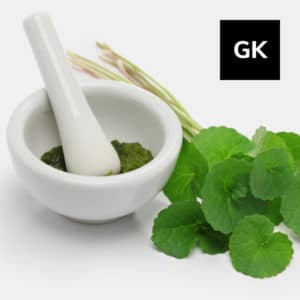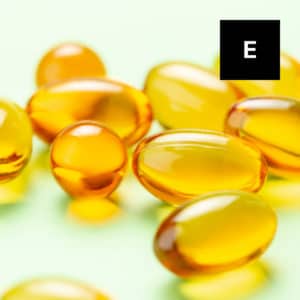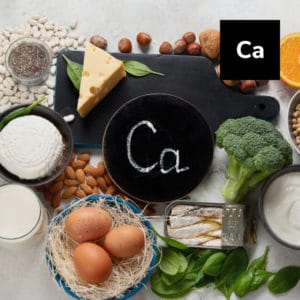Overview
Glutathione is a significant antioxidant produced by nearly every cell in your body that protects it from free radicals. It is composed of three types of amino acids and participates in a variety of metabolic activities, including immunological function, tissue development and repair, and liver detoxification.
Key Benefits
- Vitamins C and E are recycled, keeping them active.
- DNA synthesis and repair
- Contributes to the synthesis of protein and prostaglandins.
- Aids in the detoxification of the liver
- Assists in the regular demise of cells (apoptosis)
- Enhances the body’s ability to eliminate poisons and contaminants.
- Aids in the maintenance of a healthy balance of oxidation and antioxidation.
- Helps lymphocytes and killer T-cells grow in order to carry out an immune response.
- Helps to maintain proper mitochondrial function.
- Aids in the formation of sperm cells
- May aid in the reduction of tissue damage caused by Helicobacter pylori.
- Aids in the health of the lungs, brain, joints, and eyes.
History of Usage
Sir Frederick Gowland Hopkins of Cambridge University, a Nobel Prize winner, discovered glutathione in 1888. It was thought to be so significant that it was thought to be related to the “beginning of life.” Glutathione supplements have been used to prevent a variety of ailments and disorders.
Glutathione is used by middle-aged adults (45-65) for its antioxidant and anti-aging qualities, whereas younger persons (25-35) use it for immunological support and detoxification. Glutathione is used by older persons to restore their bodies’ natural drop in glutathione production and to help prevent chronic disease.
Many of the component uses have included glutathione, cysteine, and vitamin C combination formulations. However, as customers become more acquainted with glutathione, they are purchasing single-entity preparations as well.
Biochemistry
The liver and nerve cells in the central nervous system create glutathione. It is a tripeptide having numerous functions in cells. It conjugates medications to make them more soluble for excretion, acts as a cofactor for some enzymes, participates in protein disulfide bond rearrangement, and lowers peroxides.
It consists of three amino acids: L-cysteine, glycine, and L-glutamate. Glutathione (GSH) is a cofactor for the enzyme glutathione peroxidase and contributes to leukotriene production. It also aids in hepatic biotransformation and detoxification by acting as a hydrophilic molecule that is attached to other lipophilic toxins or wastes prior to biliary evacuation. It aids in the detoxification of methylglyoxal, a toxic byproduct of metabolism, by the action of glyoxalase enzymes.
Oral glutathione supplements are broken down into three peptide precursors (cysteine, glycine, and glutamic acid), with the advantages attributed mostly to cysteine.
Glutathione deficiency is more common in the elderly and has been linked to a variety of health problems. This group may benefit the most from supplements.
According to a preliminary study, enhanced glutathione production via direct administration and promotion via precursors (such as NAC) has been demonstrated to be clinically beneficial in the following conditions: Parkinson’s disease, cystic fibrosis, emphysema, COPD, lead exposure, nonalcoholic fatty liver disease, and exercise-induced weariness are just a few of the conditions that can be treated.
Recent Trends
From 2020 to 2027, the global glutathione market is predicted to increase at a CAGR of 6.9 percent, reaching a market value of more than $198.2 million. The growing usage of glutathione in the production of protein alternatives, skin care products, as a solo dietary supplement, and in antioxidant combo supplements supports the market growth prediction. According to sales data, the raw material price is decreasing, making the ingredient more accessible and predicting continuous growth in the US and global markets.
Because of its skin-brightening properties, glutathione is used in skincare products. This is due to glutathione’s specific factors in reducing excess melanin synthesis in the skin. The free radicals included in glutathione aid in the battle against melanin synthesis within the skin. Furthermore, the rising demand for glutathione in the production of soaps, lotions, and creams is one of the major drivers driving the entire market’s explosive expansion.
Combination products containing glutathione, cysteine, and vitamin C are examples of well-regarded ingredient applications. Single-entity formulations, on the other hand, are performing well because once customers are aware of glutathione and its benefits, they often go on to a single component formulation.
A variety of personal-care products containing glutathione are touted as having skin-whitening properties. Soaps and creams are examples of these items. Some people, however, use glutathione pills to lighten their skin. Although glutathione is frequently promoted as a natural remedy for skin whitening, scientific evidence contradicts this claim.
Precautions
- Pregnant and lactating women should not take glutathione without first talking with their doctor.
- If inhaled, glutathione may aggravate asthma symptoms.
References
- Pizzorno J. Glutathione!. Integr Med (Encinitas). 2014;13(1):8–12.
- De Bruyne, E. et al. Oral glutathione supplementation drastically reduces Helicobacter-induced gastric pathologies. Sci. Rep. 6, 20169; doi: 10.1038/srep20169 (2016)
- Minich DM, Brown BI. A Review of Dietary (Phyto)Nutrients for Glutathione Support. Nutrients. 2019 Sep 3;11(9):2073. doi: 10.3390/nu11092073. PMID: 31484368; PMCID: PMC6770193.
- Sinha R, Sinha I, Calcagnotto A, Trushin N, Haley JS, Schell TD, Richie JP Jr. Oral supplementation with liposomal glutathione elevates body stores of glutathione and markers of immune function. Eur J Clin Nutr. 2018 Jan;72(1):105-111. doi: 10.1038/ejcn.2017.132. Epub 2017 Aug 30. PMID: 28853742; PMCID: PMC6389332.
- Richie JP Jr, Nichenametla S, Neidig W, Calcagnotto A, Haley JS, Schell TD, Muscat JE. Randomized controlled trial of oral glutathione supplementation on body stores of glutathione. Eur J Nutr. 2015 Mar;54(2):251-63. doi: 10.1007/s00394-014-0706-z. Epub 2014 May 5. PMID: 24791752.
- Gould RL, Pazdro R. Impact of Supplementary Amino Acids, Micronutrients, and Overall Diet on Glutathione Homeostasis. Nutrients. 2019 May 11;11(5):1056. doi: 10.3390/nu11051056. PMID: 31083508; PMCID: PMC6566166.
- Weschawalit S, Thongthip S, Phutrakool P, Asawanonda P. Glutathione and its antiaging and antimelanogenic effects. Clin Cosmet Investig Dermatol. 2017 Apr 27;10:147-153. doi: 10.2147/CCID.S128339. PMID: 28490897; PMCID: PMC5413479.




